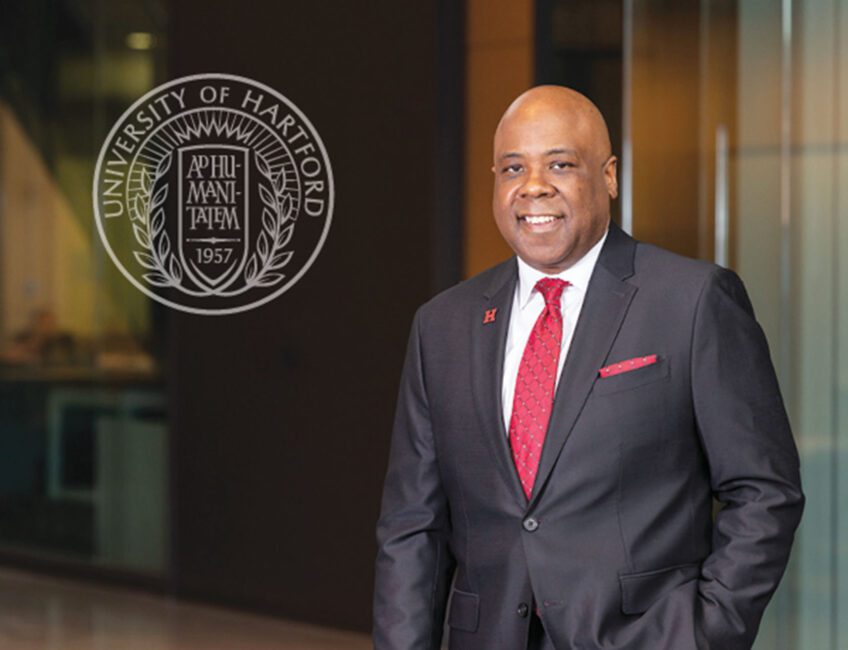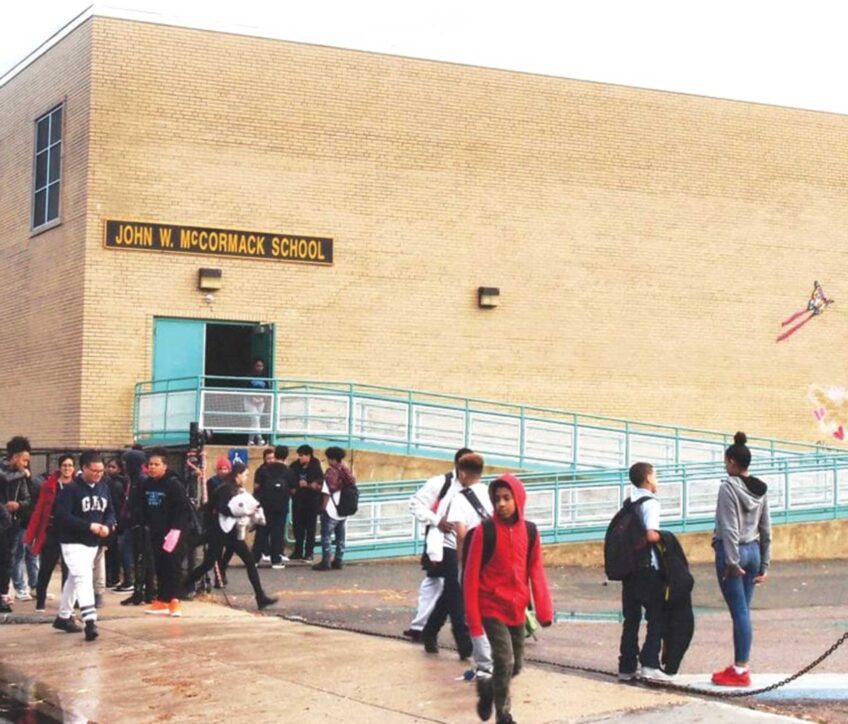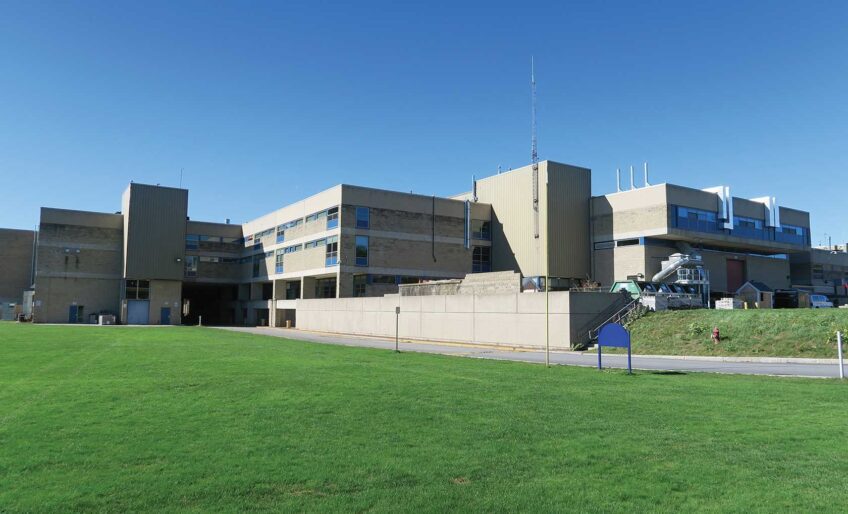As a national panel begins an inquiry into the high-profile arrest of Harvard University Professor Henry Louis Gates Jr., questions are being raised about the effectiveness of Cambridge’s civilian police review board, the civic body charged with investigating acts of police misconduct.
Cambridge Mayor E. Denise Simmons has requested a review of the board’s operations and records while also awaiting the report of the 13-member Cambridge Review Committee, an independent body selected in the wake of Gates’ arrest to address police procedures, training and interaction with civilians.
While intense global attention has focused on Cambridge since the July 16 cuffing of the Harvard scholar by Sgt. James Crowley in front of Gates’ home, the standing Cambridge Police Review and Advisory Board has been understaffed, overlooked and ineffective, according to critics.
“I don’t want to make any pre-judgments before the review takes place,” said Simmons, who requested the report as part of a broader look at city-appointed independent bodies. “I will say that we can always improve. While I support Police Commissioner Robert Haas, I will say the police department can do better. I see our civilian review board as an opportunity for greater citizen involvement.”
Harvard Professor S. Allen Counter, who has filed a complaint against a Cambridge police officer with the five-member review board, said he was told the panel was essentially nonfunctional at the time he first attempted to file the complaint.
Arrested outside his home in a case that was later dismissed, Counter said no action has been taken on his grievance against the arresting officer.
“It’s clear that Cambridge police need greater supervision and training. It’s also clear we need a review panel that is effective,” said Counter, the founding director of the Harvard Foundation for Intercultural and Race Relations.
Joe Johnson, an investigator for the review board, said he could not comment on pending cases and referred requests for data about cases heard over the board’s 23-year history to the city solicitor’s office.
“We need to look at a record of what the board has actually done,” said Counter. “How many times has police misconduct resulted in an officer losing his job or being suspended? These are things the public ought to know.”
Complicating the review of the civilian panel is a $4.5 million legal judgment looming over the city as a result of a civil suit filed by the former executive director of the Police Review and Advisory Board.
Malvina Monteiro, who headed the board from 1990 to 2003, filed a racial discrimination complaint against the city and was later fired. She sued the city for retaliation and won in a jury trial in May 2008.
As the review board comes under scrutiny, the national panel selected to review the Gates arrest is expected to hold its first meeting this month to discuss its mission and goals with the view of producing a report within the next four months.
The committee members include: Philadelphia Police Commissioner Charles H. Ramsey, retired U.S. District Court Magistrate Judge Joyce London Alexander, U.S. Senate Sergeant-at-Arms Terrance Gainer, Simmons College Professor Stacy Blake-Beard, U.S. Assistant District Attorney John Gallagher, Lesley University Professor Marian Darlington-Hope, Rutgers School of Law Dean John Farmer Jr., Yale Law School Professor Tracey Meares, Northeastern University Institute on Race and Justice Director Jack McDevitt, retired Cambridge school administrator John Kosko, Woodrow Wilson Center scholar Aaron David Miller, and Louis Quijas, a former North Carolina police chief.
The panel, which includes five African Americans, one Hispanic and seven whites, is chaired by Chuck Wexler, the director of a Washington, D.C.-based police think tank.
“This is an opportunity to learn,” said Simmons. “The committee can bring a bright, crisp, nonbiased perspective to the issues that were raised by the incident. These are experts who come to the panel with a blank slate.”





